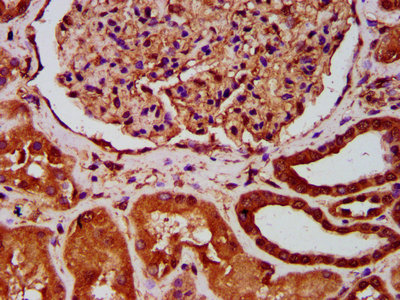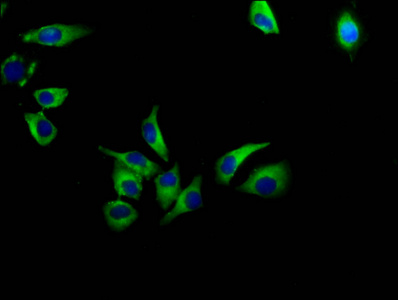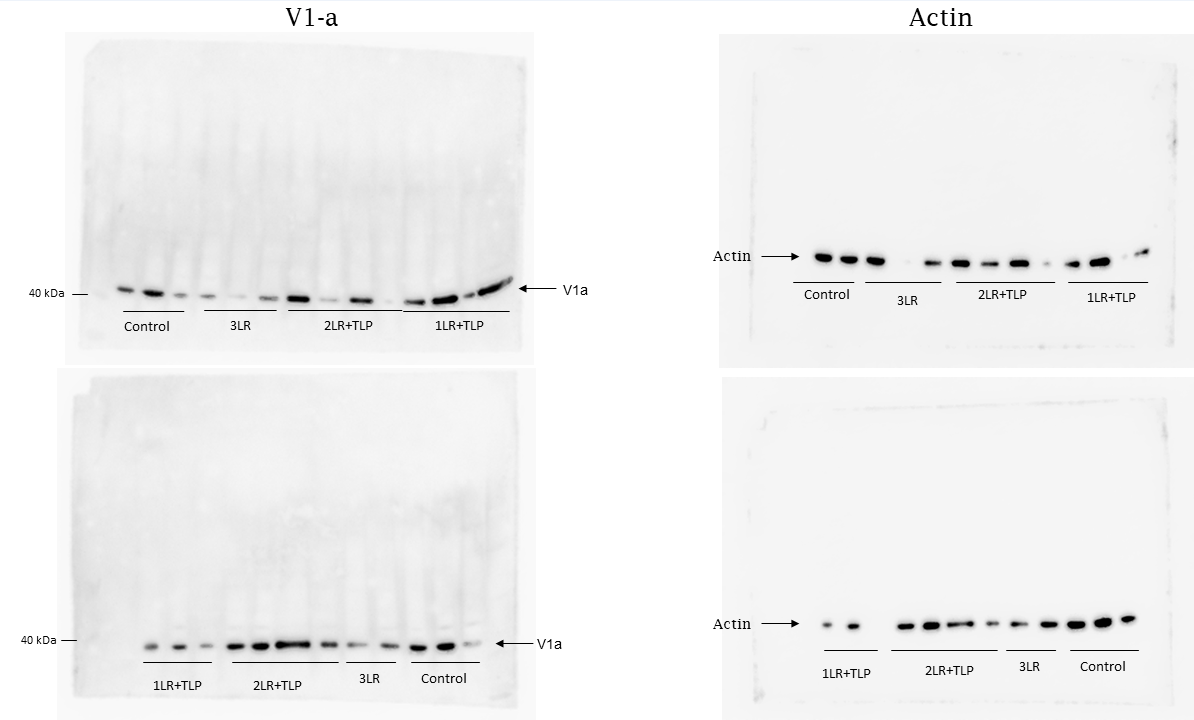Full Product Name
Rabbit anti-Homo sapiens (Human) AVPR1A Polyclonal antibody
Alternative Names
Antidiuretic hormone receptor 1a antibody; Arginine vasopressin receptor 1A antibody; AVPR 1 antibody; AVPR 1A antibody; AVPR V1a antibody; AVPR1 antibody; AVPR1A antibody; SCCL vasopressin subtype 1a receptor antibody; V1 vascular vasopressin receptor AVPR1A antibody; V1a vasopressin receptor antibody; V1aR antibody; V1AR_HUMAN antibody; Vascular/hepatic type arginine vasopressin receptor antibody; Vascular/hepatic-type arginine vasopressin receptor antibody; Vasopressin V1a receptor antibody
Immunogen
Recombinant Human Vasopressin V1a receptor protein (1-52AA)
Immunogen Species
Homo sapiens (Human)
Conjugate
Non-conjugated
The AVPR1A Antibody (Product code: CSB-PA002468LA01HU) is Non-conjugated. For AVPR1A Antibody with conjugates, please check the following table.
Available Conjugates
| Conjugate |
Product Code |
Product Name |
Application |
| HRP |
CSB-PA002468LB01HU |
AVPR1A Antibody, HRP conjugated |
ELISA |
| FITC |
CSB-PA002468LC01HU |
AVPR1A Antibody, FITC conjugated |
|
| Biotin |
CSB-PA002468LD01HU |
AVPR1A Antibody, Biotin conjugated |
ELISA |
Purification Method
>95%, Protein G purified
Concentration
It differs from different batches. Please contact us to confirm it.
Buffer
Preservative: 0.03% Proclin 300
Constituents: 50% Glycerol, 0.01M PBS, pH 7.4
Tested Applications
ELISA, IHC, IF
Recommended Dilution
| Application |
Recommended Dilution |
| IHC |
1:200-1:500 |
| IF |
1:50-1:200 |
Storage
Upon receipt, store at -20°C or -80°C. Avoid repeated freeze.
Lead Time
Basically, we can dispatch the products out in 1-3 working days after receiving your orders. Delivery time maybe differs from different purchasing way or location, please kindly consult your local distributors for specific delivery time.
Usage
For Research Use Only. Not for use in diagnostic or therapeutic procedures.







